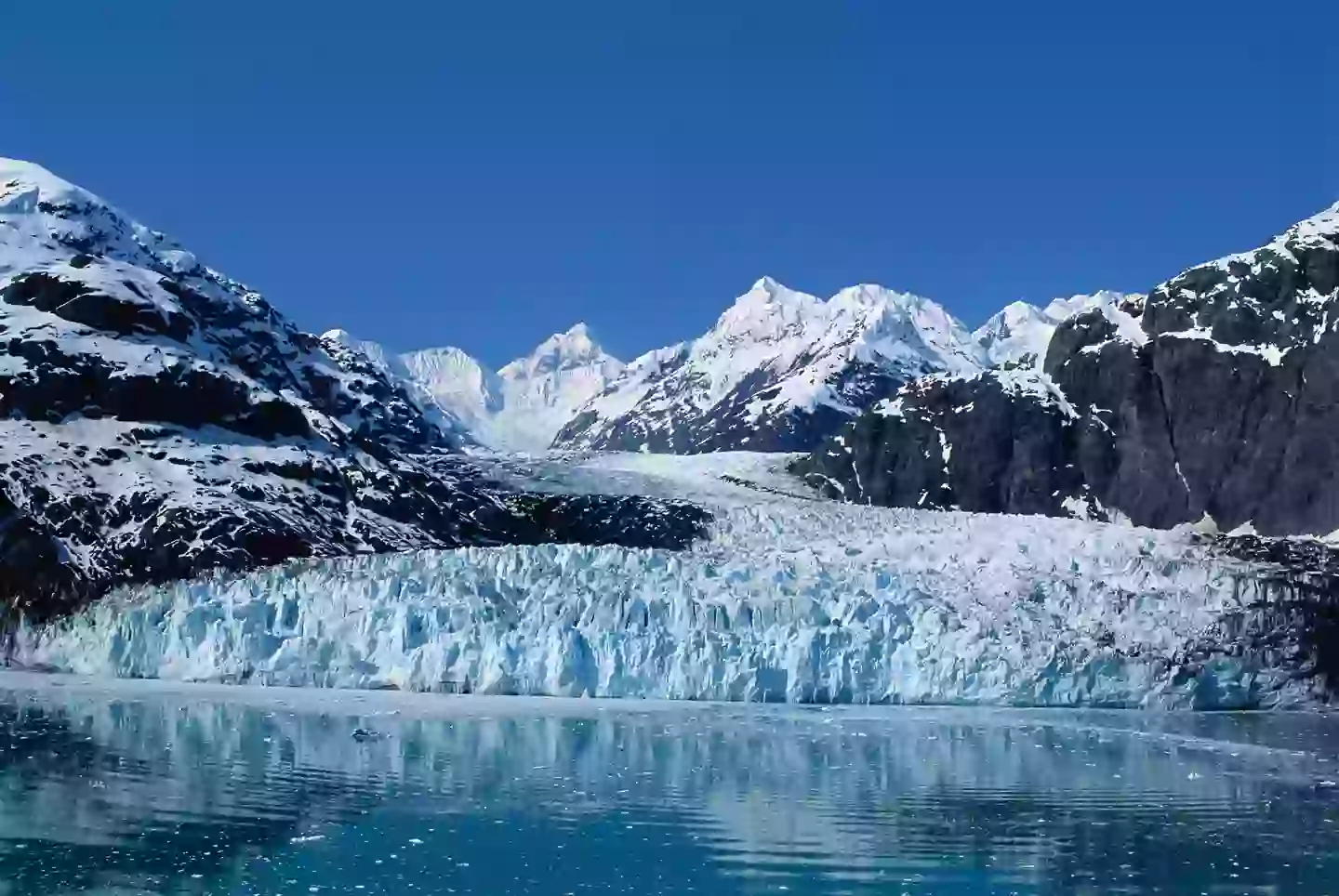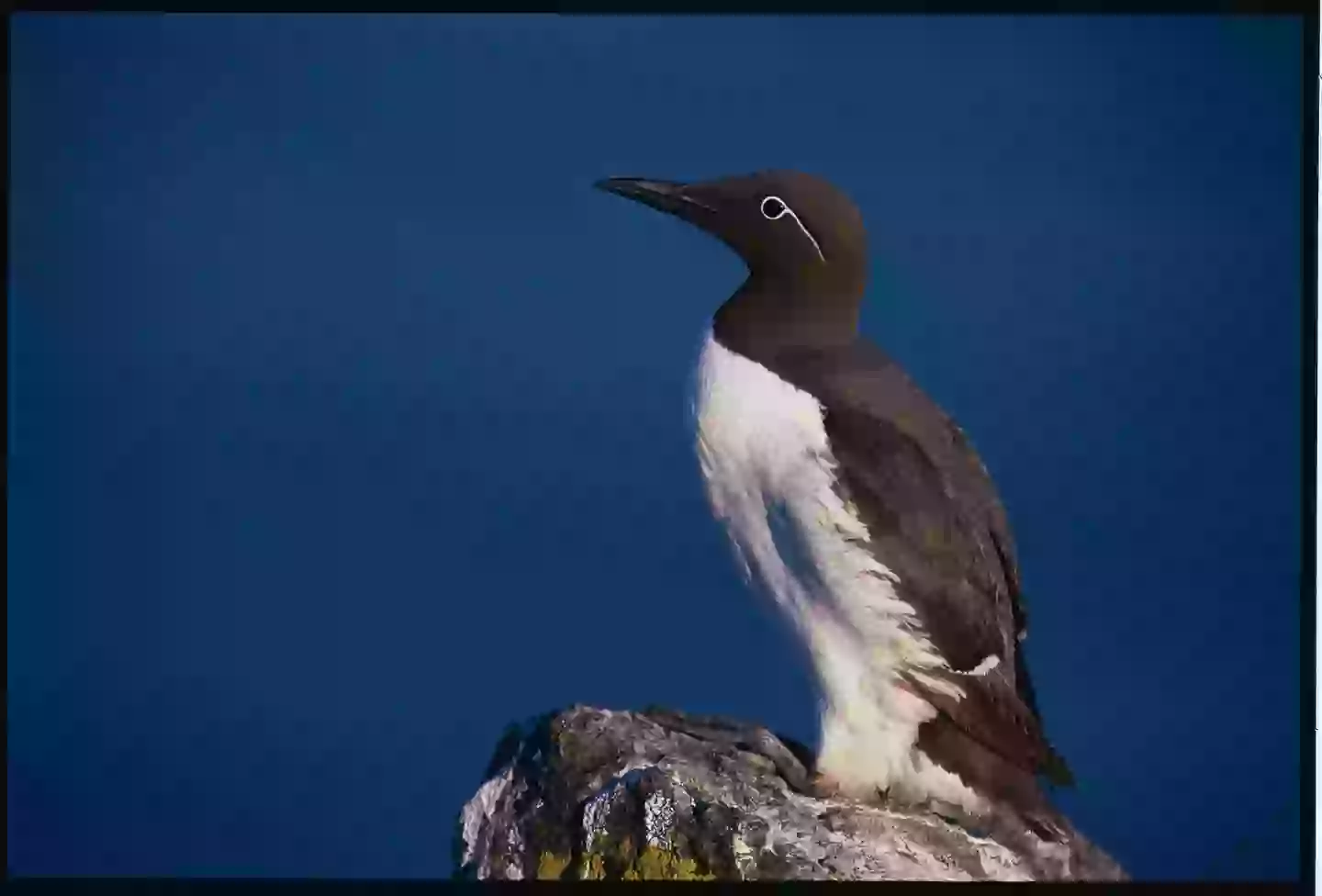
Experts have said that an ocean ‘blob’ has caused at least 1,000,000 deaths in the biggest species die-off in history.
The blob was found just off the coast of North America, near Alaska, and it has had devastating effects.
In fact, it’s killed off half of the area’s population of the common murre, which is a small seabird that resembles a penguin.

Advert
The blob is actually the cause of a marine heat wave and is a large mass of unusually warm water.
As a result, ocean temperatures rose by as much as seven degrees fahrenheit.
Because of this, the ecosystem in the water became destabilized and diminishing a lot of the bird’s food supply, which includes things like fish, octopus, squid and crustaceans.
Experts have now warned that the species population has halved in size to four million, down from eight million.
Advert
A study conducted in 2020 concluded that the most likely cause of death for the birds was due to starvation as a result of the marine heat wave.
Co-author of the study, Julia Parrish, who is also a professor of aquatic and fishery sciences and biology, said: “This study shows clear and surprisingly long-lasting impacts of a marine heat wave on a top marine predator species.”

She went on to say: 'Importantly, the effect of the heat wave wasn't via thermal stress on the birds, but rather shifts in the food web leaving murres suddenly and fatally without enough food.”
Advert
A further study in 2023, which was conducted by many of the same experts, showed that the temperature of the water surface increased by 1.8 degrees fahrenheit.
They also discovered that this new temperature lasted over six months and resulted in the deaths of many seabirds.
In a statement, Parrish said: “Whether the warming comes from a heat wave, El Niño, Arctic sea ice loss or other forces, the message is clear: Warmer water means massive ecosystem change and widespread impacts on seabirds.
“The frequency and intensity of marine bird mortality events is ticking up in lockstep with ocean warming.”
Advert
It has been estimated that it will take at least three years for the marine life to recover, but Parrish has warned that the reality of the situation might not be so easily fixed.
She went on to say: “We may now be at a tipping point of ecosystem rearrangement where recovery back to pre-die-off abundance is not possible.”